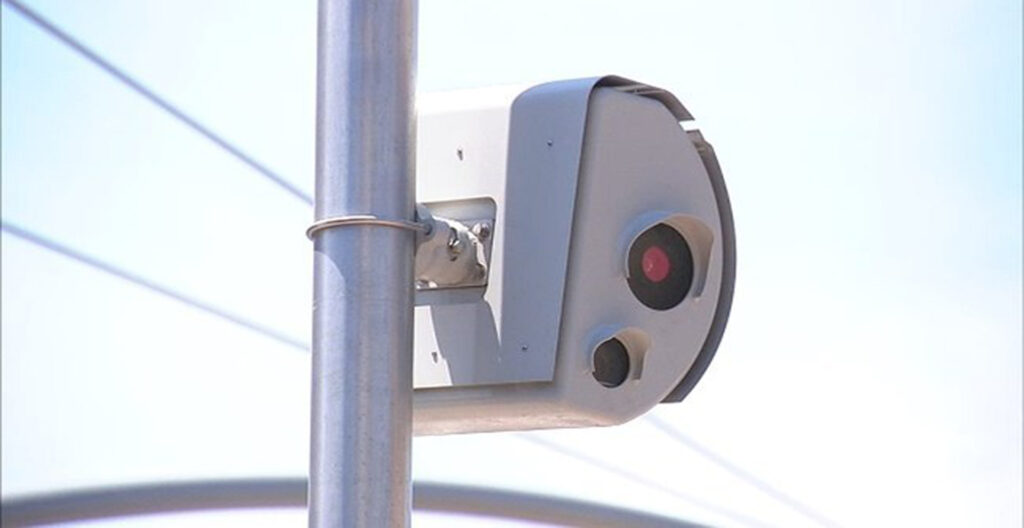JETS HELP EMPOWER WOMEN WITH ONLINE JOB MENTORING EVENT

Detroit authorities’ arrangement to introduce 200 more traffic signal-mounted cameras at city crossing points is confronting network obstruction in the midst of protection and racial segregation concerns. The 200 extra cameras would work off of an underlying 121-camera experimental run program and carry the innovation to more than 300 of Detroit’s 787 traffic signals by October 2021, Dayo Akinyemi, of the city’s Department of Public Works, said during an introduction on the development plans. Yet, Detroit occupant Christopher Williams Shah said during that public gathering that the network needs confirmations police won’t abuse the 200 additional cameras, bringing about Black men arriving in prison.
“I will say it straight out. What I see happening is this being utilized to target Black guys in Detroit,” he said. “Police are visual hunters in Detroit.” The discussion focusing on Detroit’s traffic camera development — which would cost $2.5 million — comes as strains persevere overprotection and policing in the city, The Detroit News detailed. The arranged camera development follows the City Council’s fall endorsement of combative updates for facial acknowledgment programming utilized by Detroit police to battle wrongdoing in one of the country’s most vicious urban communities. That almost $200,000 contract with South Carolina-based DataWorks Plus to cover costs attached to redesigns and upkeep was endorsed by a 6-3 vote following fights and calls to preclude the innovation, which rivals battled is bigoted. Akinyemi said during his introduction on the extension that the cameras can’t recognize individuals or tags and aren’t care for the city’s Project Green Light reconnaissance cameras — another innovation that has been combative. “It’s not prevalently a police camera,” he said. “It has a low goal that you can’t recognize individuals.” But Detroit police can utilize the cameras to gather data on wrongdoing battling interests, including distinguishing comparable-looking vehicles connected to a mishap. A year ago, Mayor Mike Duggan said he needed police to have the option to use video from the traffic signal-mounted cameras to examine wrongdoings. The city has had 280 criminal murders this year and 10,596 disturbing attacks, said Detroit police examiner Andrew Rutebuka.
Authorities state that camera innovation can be utilized for continuous cautions of intensity blackouts from climate or accidents, far-off changes of traffic light planning during occasions, terminations, and crashes, and to improve the well-being of people on foot and vehicles. Be that as it may, Jeffrey Polish, who lives in southwest Detroit, said he’s doubtful and questions whether the innovation may, in the long run, be utilized in an unexpected way. “We probably won’t discuss facial acknowledgment today, yet that doesn’t mean we won’t introduce that topic tomorrow, one week from now, or one year from now,” he said. Clean added that “you can’t go down these courses without having firm systems of hostile to bigotry, and we need that and we need it currently.” Detroit’s city committee should endorse any future changes to the traffic camera strategy. City strategy restricts the police division’s admittance to traffic cameras. Police can’t utilize the recording to decide movement status, use the sound from the chronicles, or spotlight the cameras on flyers, handbills, or different materials conveyed or conveyed to secure First Amendment rights.

